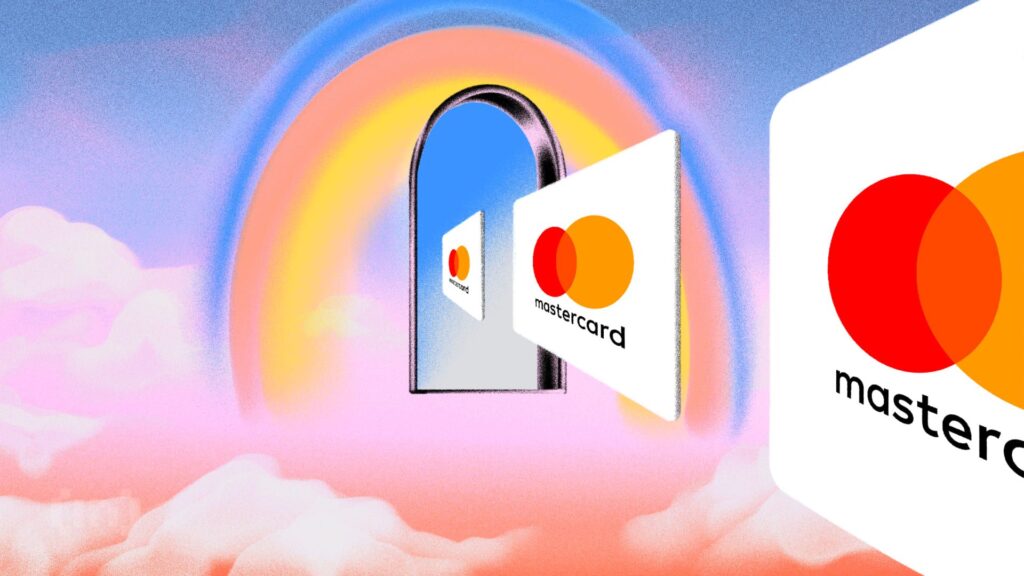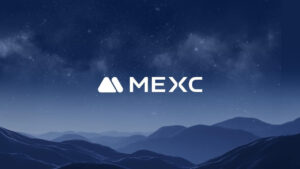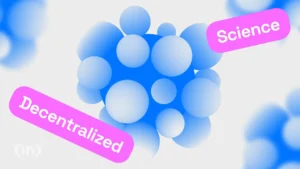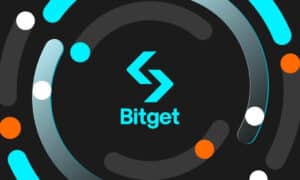MasterCard launches crypto authentication P2P pilot.

MasterCard has launched its Crypto Credential, which allows users to send and receive cryptocurrencies using aliases instead of complex blockchain addresses.
Introduced in 2023, this peer-to-peer (P2P) feature marks the first real-world application of MasterCard's crypto credentials. The company plans to extend this functionality to include NFTs, tickets and other payment solutions.
MasterCard aims to enable secure and simple blockchain transactions.
Mastercard Crypto Credential simplifies blockchain connections by verifying user identity and ensuring compatibility between digital assets and recipient wallets. This system increases the trust and certainty of the transaction by eliminating the need for users to know which assets or chains the receiver supports. The platform supports the exchange of travel guide information to maintain transparency and prevent illegal activities.
With MasterCard's crypto credit standards, users are authenticated and receive an alias for transactions. The system will verify the recipient's alias and wallet compatibility before proceeding. It also informs the sender if there are any issues to prevent financial loss.
Read more: Blockchain Infrastructure Deployment: Challenges and Solutions
The MasterCard Crypto Credential feature is now available on several crypto exchanges, including Bit2Me, Lirium, and MercadoBitcoin. Other crypto exchanges like Foxbit and Lulubit are the latest platforms to integrate this feature and further expand its reach. Users in countries such as Argentina, Brazil, France and Spain can make cross-border and domestic transfers in multiple currencies and across different blockchains.
Initially, a select group of users will use this feature. In the coming months, MasterCard plans to add more than seven million users to participating exchanges. This expansion signifies MasterCard's commitment to increasing the use and accessibility of cryptocurrencies.
Walter Pimenta, CEO of Product and Engineering for Latin America and the Caribbean at Mastercard, shared his thoughts on this development.
“With the growing interest in blockchain and digital assets in Latin America and around the world, it is important to continue to deliver trusted and verified connections on public blockchain networks,” said Pimenta.
Read more: Revolutionary ideas of blockchain
MasterCard's initiative is part of a broader trend in the financial industry, where traditional financial institutions are increasingly integrating blockchain technology and cryptocurrencies into their services. Visa, for example, has been looking for ways to enable Ethereum gas payments through its cards.
The company uses the ERC-4337 standard and a special modern contract “payer”. This approach allows users to pay gas fees on-chain without having to hold tokens native to a particular blockchain.
Disclaimer
Adhering to the Trust Project guidelines, BeInCrypto is committed to unbiased, transparent reporting. This newsletter aims to provide accurate and up-to-date information. However, readers are advised to independently verify facts and consult with experts before making any decisions based on this content. Please note that our terms and conditions, privacy policies and disclaimers have been updated.













